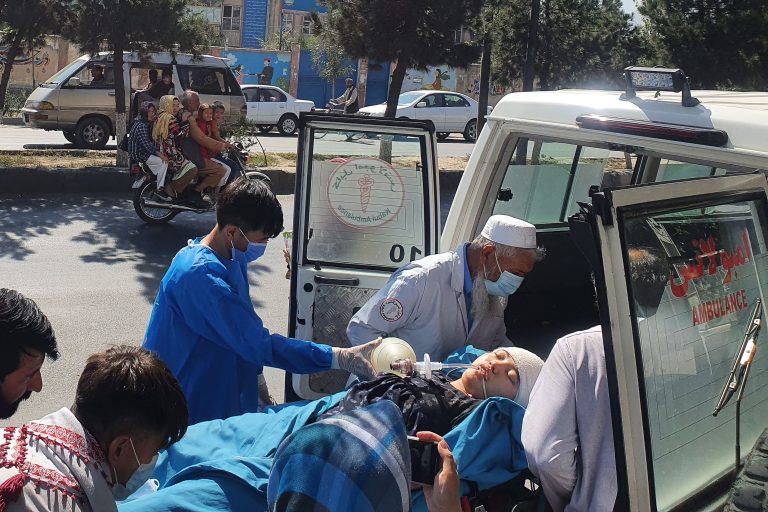On Oct. 3, the United Nations (UN) declared that a suicide bombing on a Kabul education center took the lives of 53 people, mainly girls and young women.
The bombing on Sept. 30, appeared to be targeted at a district that is home to the oppressed Hazara community, sparking an outcry from protesters that was brutally put down by the Taliban government.
Students attacked
Along with the 53 now confirmed dead, more than 80 were wounded in the attack at the Kaj education center in Dasht-e-Barchi — located in western Kabul — where a large community of Hazaras live, the UN Assistance Mission in Afghanistan reported.
The authorities in Kabul have released casualty numbers that are lower than what was announced by the UN mission.
The mission also claimed that the majority of the victims killed were “girls and young women” who happened to be in a gender-segregated study hall, close to the epicentre of the bombing. According to al-Jazeera, the center was filled with 300 to 400 students in the middle of preparing for their university exams before the bomb exploded.
Success
You are now signed up for our newsletter
Success
Check your email to complete sign up
“All names need documenting and remembering and justice must be done,” the mission posted on Twitter on Saturday.
One civilian, Mukhtar Modabber, arrived at the site of the explosion seeking his younger sister, only to find that she had perished in the blast.
“My sister had dreams and she wanted to work for women who have been deprived of their basic rights under the Taliban. But she is dead,” he told al-Jazeera.
Maryum Haruz, a survivor of the bombing, reported that there was gunfire outside the center while she was studying math. She attempted to take cover in another room, but was caught in the blast. She managed to survive.
“Mangled bodies were taken to a nearby mosque, and other victims were shifted to hospitals with wheelbarrows and private vehicles by locals,” al-Jazeera reported.
So far, no one has claimed responsibility for the attacks.
In 2020, a similar attack on another education center in Dasht-e-Barchi took the lives of 24. Another 85 were killed in another attack near a school in the same neighborhood in May 2021.
READ MORE:
- Taliban calls for foreign aid for Afghan flood victims
- The CCP Killed Uyghurs With Mass Disinfectant Spraying During ‘Zero-COVID’ Hysterics
- Germany Refuses to Accept Taliban as Ruling Party of Afghanistan, Conditions ‘Dire’ for Afghans
Plight of the Hazaras
The Shia Muslim Hazara minority in Afghanistan has faced threats from both the Taliban and local affiliates of the Islamic State (ISIL), with reports of escalated violence or repression after the rise of the Taliban government in August 2021.
On Friday, AFP reported that more than 50 women protested in response to the plight of the Hazara people, claiming that the Taliban and ISIL have continued to persecute them.
“Stop Hazara genocide, it’s not a crime to be a Shia,” the group chanted, according to AFP. The Taliban were said to have broken up the protests by shooting bullets into the air and beating up the protesters.
Rights groups have lambasted the suicide bombing, with Amnesty International calling it a “shamefaced reminder of the inaptitude and utter failure of the Taliban, as de-facto authorities, to protect the people of Afghanistan.”
“Their actions of omission and commission have only further aggravated the risk to the lives of the people of Afghanistan especially those belonging to ethnic and minority communities,” Samira Hamidi, Amnesty International’s South Asia campaigner, said in a statement on Friday.
“An education center filled with youth preparing for exams should be a venue for joy, focus and excitement — never awash with blood and horror,” Neil Turner, the Norwegian Refugee Council’s country director in Afghanistan, said in a statement.

















